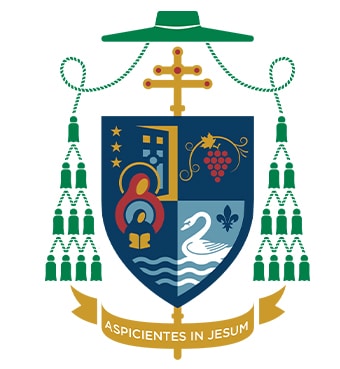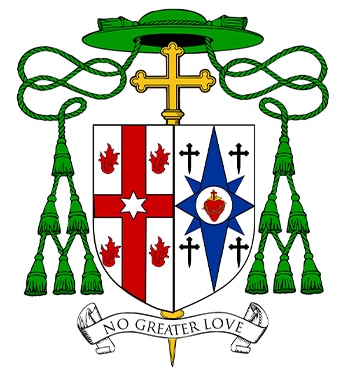Feast of St. Matthew the Apostle — Jesus Said ‘Follow Me’

Just like St. Bartholomew, St. Matthew’s primary New Testament claims to fame are his call to be an Apostle and his listing among the Apostles. Apart from that, there’s not much said about him in the New Testament.
He was a publican, a tax collector in Capernaum. Jesus encounters him at his tax collecting post (Matthew 9:9-13), calls him, and Matthew follows. He has a dinner at which, along with Jesus, “many tax collectors and sinners” were present, i.e., the circles in which Matthew had moved. The Pharisees, who despised publicans (as we shall see in an upcoming Sunday Gospel), are outraged: “Why does your teacher eat with tax collectors and sinners?” To this comes Jesus’s famous reply: “Those who are well do not need a physician, but the sick do.”
When we hear a particular Gospel at Mass, we are usually unaware of the context of that passage within the overall Gospel. Before the call of Matthew, Jesus does two things immediately relevant to today’s Gospel. First, he exorcises two possessed men (Matthew 8:28-34), driving the demons into a herd of swine that then kills itself. That tells us two things: that evil makes men pigs, and that the Evil One likes to kill, as Jesus elsewhere tells us (John 8:44). Second, he heals a paralyzed man by telling him, “your sins are forgiven” (Matthew 9:1-8). That statement infuriates the Pharisees because they observe — correctly — that only God can pardon sin. That’s Jesus’s point: He is revealing who he is and, as proof of that claim (“so that you may know the Son of Man has authority on earth to forgive sins”) he heals the man. However, that healing is not just a “proof” of his Divinity. Jesus came so that — as St. Irenaeus put it — man can be “fully alive,” healed from sin and its consequences. Jesus not only proves his divinity but discloses his mission, tells us what redemption means.
And then he focuses on Matthew.








